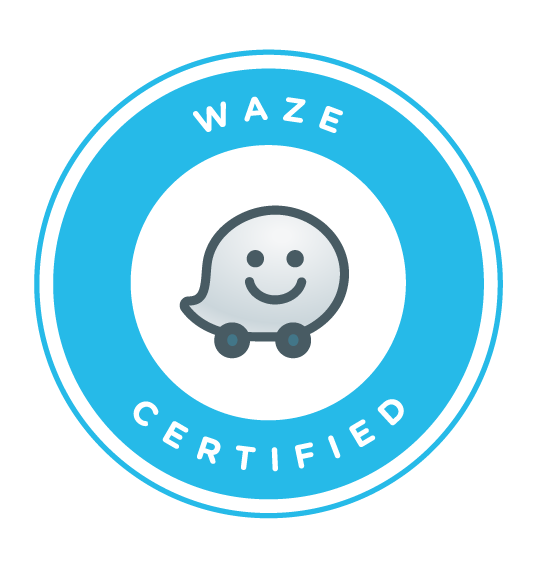
As early as December 2017, SEO commentators started to notice a change in the Google search results, with Meta Description length increasing significantly.
Early research showed the average snippet length was up from 160 characters to 230.
Since then Google has confirmed that the search snippet length can be up to 320 characters long!
Does this mean a major Meta Description update is in order for website owners? And is it worth the effort?
To put this in context let us look at the function played by Meta Descriptions on the web.
What is a Meta Description?
A Meta Description is a piece of HTML code text contained with the section of a website.
Most content management systems will allow you to customise the Meta Description.
If you use WordPress, then plugins like Yoast SEO will help you to manage these.
What is the purpose of a Meta Description?
The Meta Description is used by a search engine to describe the contents of the page listed in the search results.

They have no impact on SEO and where a page ranks, although a good Meta Description is like a piece of ad copy. The more effectively they are written the more likely the user is to click on your link in the results rather than your competitors.
So you can rank lower than other websites for a given phrase but still get more traffic due to an impactful Meta Description.
What makes an effective Meta Description?
The traits of an effective Meta Description are:
- Accurately describes the content of the destination page.
- Contains your unique proposition. Maybe price & delivery for product pages.
- Has a strong call to action.
- It should be unique to each page of your website.

Do you need Meta Descriptions for every page?
In an ideal world, you would include a unique Meta Description for every page of your website.
If you run an e-commerce website with thousands of products this can present a challenge. You may want to focus on your best selling or biggest margin products. Or look at ways that they can be constructed programmatically.
If you write blogs or articles, Meta Descriptions should be written as part of the content creation process.
Where you have not included a Meta Description Google will create one for you based on your website content. These can be quite effective, but they can also result in poorly constructed or partial sentences that don’t do the content justice.
Even if you do write your own Meta Descriptions, Google may choose to re-write them if they think they are not as relevant to the end user as they could be.
John Mueller from Google commented about this in a recent Google Hangout at the 29:41 point of the discussion.
“The one thing to kind of keep in mind there is that we adjust the description based on the user’s query. So if you’re doing a site query and seeing this in your search results for your site that’s not necessarily what a normal user would see when they see a search as well. So make sure to check in search console and search analytics what the top queries are that are leading to your pages and try those queries out see what your site search results look like. And if you want to change the snippet that’s shown for your site for individual pages on your site then by all means go off and do that.”

Coded Meta Description

Google Replaces Meta Description
What is the correct Meta Descriptions length?
This is where things have changed. In the recent past best practice dictated 155-160 characters was around the right length for a Meta Description.
Now the consensus is that Meta Descriptions up to 320 characters are acceptable, although 300 characters are probably the safer limit to work with.
This gives us much more text to work with to create much more compelling copy to drive higher click-through rates.
What steps should I take next?
Before diving in and making large-scale changes you should probably take stock of your current search rankings and click-through rates (CTR).
One way to approach this is to look in Google’s Search Console for pages that rank well for the phrases with a high number of impressions but are getting lower than average CTR.

Make these your priority.
Alternatively, start with your most important products or services. This ensures you focus your efforts where you are most likely to see a return.
Either way, ensure you keep a record of your changes and monitor the results. You won’t always get these right-first-time and it is important to test any changes.
If you need help updating your website’s Meta Descriptions or Search Engine Optimisation in general just call us on 01603 343477 and we’ll be happy to discuss this further.





